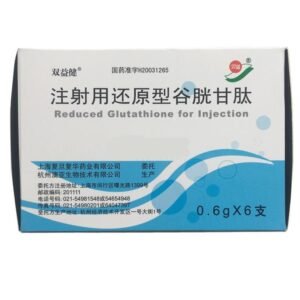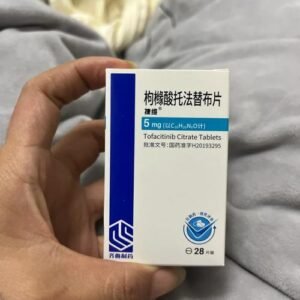Brentuximab vedotin injection 本妥昔单抗、维布妥昔单抗
Brentuximab vedotin is an antibody-drug conjugate targeting CD30, mainly used to treat relapsed or refractory Hodgkin lymphoma (HL) and systemic anaplastic large cell lymphoma (ALCL). It specifically binds to the CD30 protein on the surface of tumor cells and releases cytotoxic drugs to kill cancer cells. It is one of the important options for lymphoma treatment.
Mechanism of action
Targeted action: The antibody part recognizes and binds to CD30-positive tumor cells, reducing the impact on normal cells. 1.
Drug release: After the drug enters the cell, it releases the chemotherapy component (MMAE), destroys the microtubule structure, and induces apoptosis of cancer cells. 2.
Indications
Hodgkin lymphoma (HL): Second-line treatment for patients who relapse after autologous stem cell transplantation or are not suitable for transplantation.
CD30-positive systemic anaplastic large cell lymphoma (ALCL): First-line or subsequent treatment for relapsed or refractory patients.
Method of use
Intravenous infusion: once every 3 weeks, the dose is calculated according to body weight (1.8 mg/kg), and must be operated by professional medical staff.
Treatment course: usually until the disease progresses or intolerable side effects occur.
Common side effects
Blood system: neutropenia, anemia, thrombocytopenia (regular blood test is required).
Nervous system: peripheral neuropathy (numbness and tingling in hands and feet).
Others: fatigue, nausea, fever, rash.
Precautions
Allergic reactions: Infusion-related reactions (such as chills and dyspnea) may occur, and antihistamines or hormones should be used in advance for prevention. 1.
Pulmonary toxicity: rare but potentially fatal lung inflammation, be alert to persistent cough or dyspnea. 2.
Pregnancy and breastfeeding: may cause fetal malformation, and strict contraception is required during medication and within 6 months after discontinuation of medication. 3.
Medication instructions
Strictly follow the doctor’s advice: the dosage needs to be adjusted according to the individual’s condition, and the medication cannot be stopped or changed on your own.
Regular follow-up: blood routine, liver and kidney function and neurological function need to be monitored during treatment.
Seek medical attention in time: If severe infection, dyspnea or severe neurological symptoms occur, contact the doctor immediately.
Vectisib is a prescription drug and must be evaluated by a professional doctor before use to ensure that it meets the indications and excludes contraindications. Close follow-up is required during treatment to weigh the efficacy and risks.
Share:
Products
Our offers
Health Classification
Let us work together to protect precious health




























